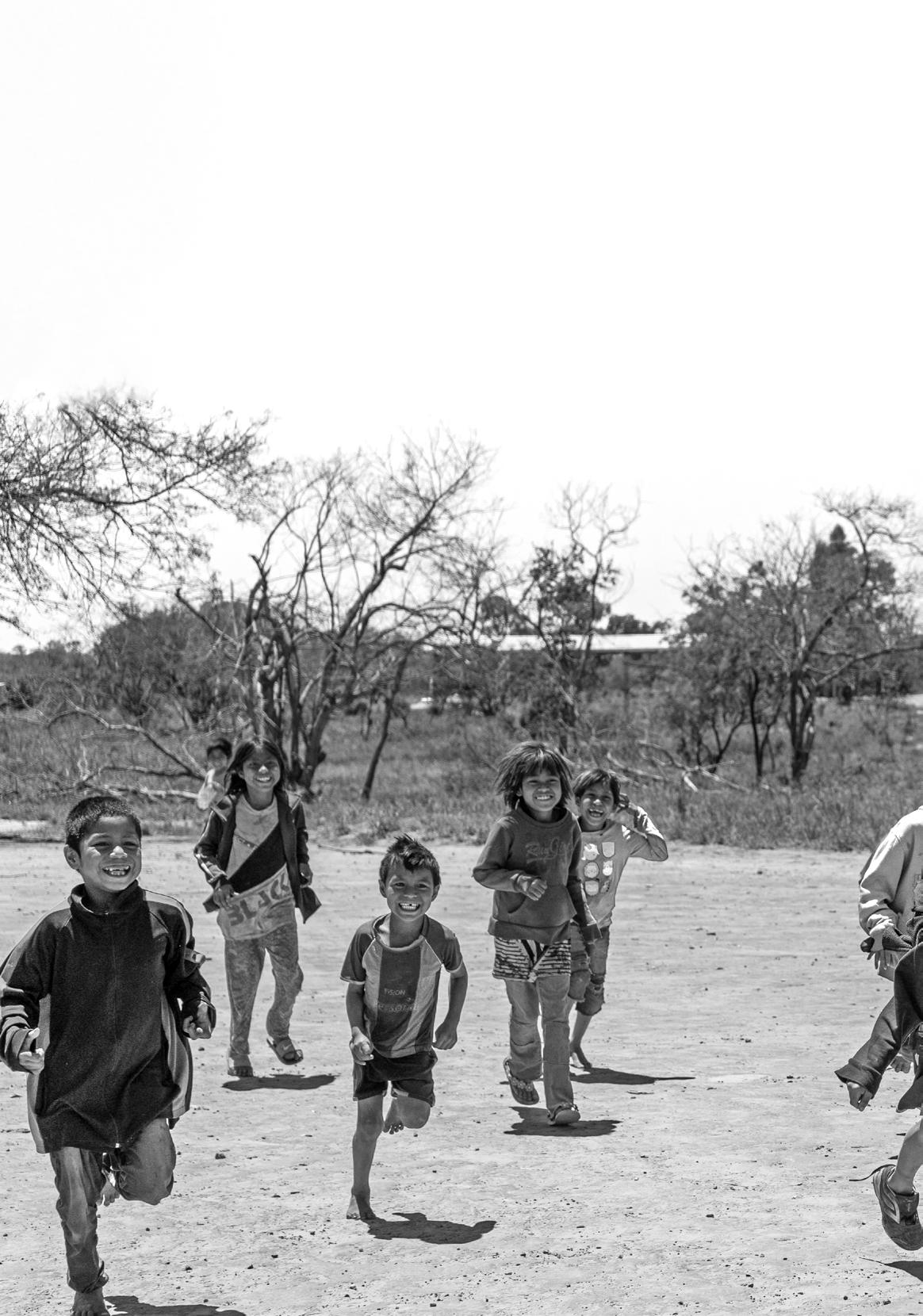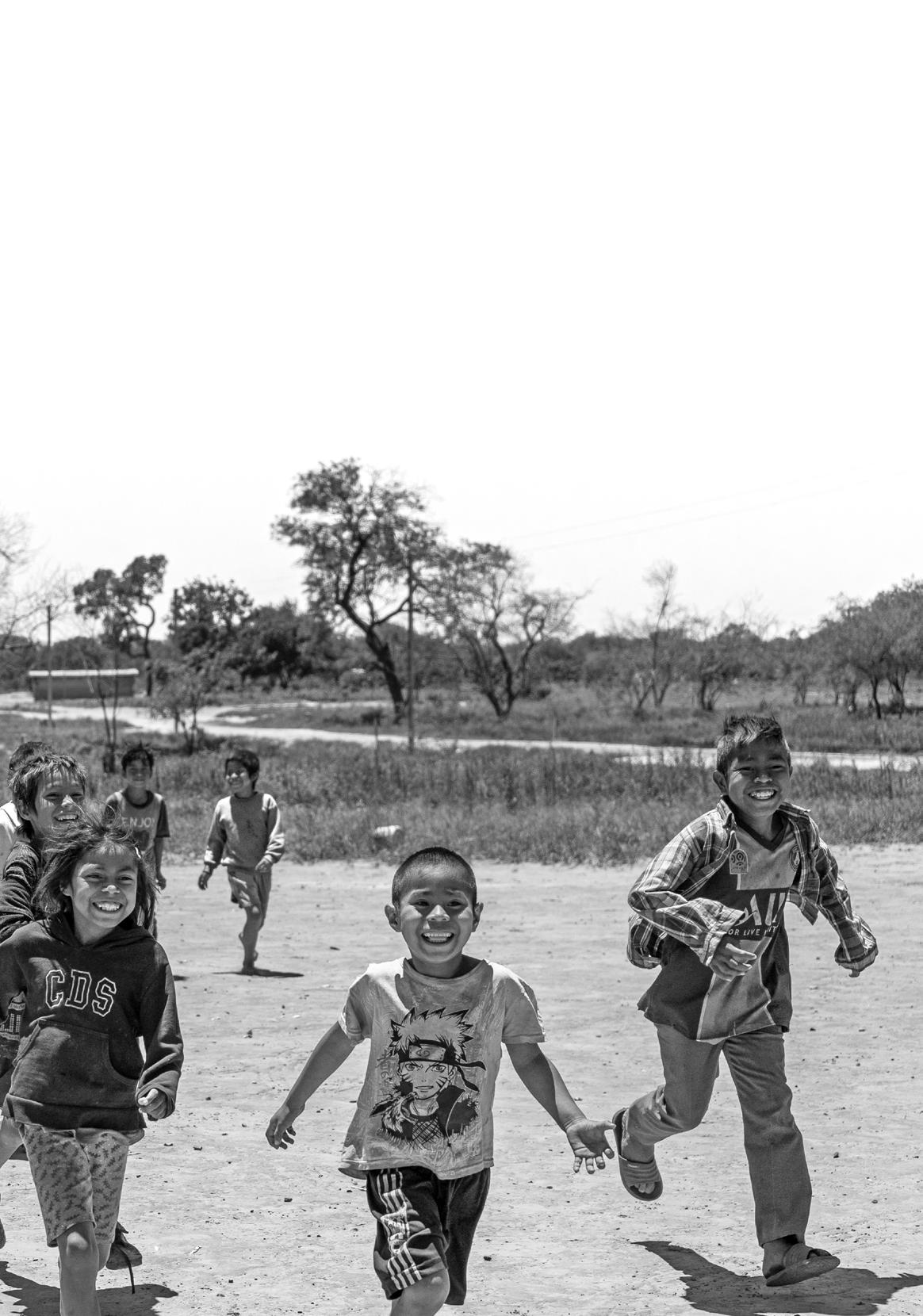

Advancing Health for All
We envision a world where everyone, especially the most vulnerable, can enjoy good health

Our Mission
To improve global health and promote health equity through excellence in research, translation and application of knowledge.
Our Approach
We address health challenges that transcend geographical, social, or political boundaries through an interdisciplinary and integrated approach. Our work focuses on infectious and non-communicable diseases, as well as the health impacts of climate change and the environment, with special emphasis on vulnerable populations.
We Are
A multidisciplinary team of over 600 people from more than 50 countries
With a broad research portfolio
A global presence built on strong partnerships
Integrating science and knowledge translation for societal impact
Committed to health equity under the framework of the Sustainable Development Goals (SDG)
A governance model that unites public and private sectors

ISGlobal is a member of the CERCA system of the Generalitat de Catalunya, and a Severo Ochoa Centre of Excellence since 2019.
ISGlobal is recognized for its groundbreaking contributions to some of the world’s most pressing health challenges:
Guiding Malaria Control and Elimination. Advancing malaria elimination through the Magude project and demonstrating the broader protective potential of the RTS,S/AS01E malaria vaccine.
Reducing the Urban Burden of Disease. Leading the European Burden of Disease Projects across 1,000 European cities, emphasising the need to reduce air pollution and noise while increasing green spaces.
Determining Causes of Death. Improving mortality surveillance in low- and middle-income countries, through the MITS technique and the CHAMPS network, with a focus on reducing child and maternal mortality.
Leading Exposome Research. Investigating how childhood environmental exposures affect health through initiatives like the INMA cohort and advanced omics approaches.

Providing Comprehensive Care for Chagas Patients. Implementing a holistic approach to expand access to patient care and treatment through the Chagas Platform in Bolivia and Paraguay.
Understanding Immune Response to Infectious Diseases. Characterising vaccine and infection-induced immunity to malaria, COVID-19 and other pathogens.
Developing Early Warning Systems for Heat and ColdRelated Mortality. Using innovative prediction models such as Forecaster. health to mitigate heat-related mortality across Europe.
Providing Techinical and Policy Guidance to Global Health. Offering expert advice and policy recommendations to support decision-making on outbreak response, health environment, malaria and other NTDs.
Our Major Contributions to Global Health
Research and Innovation
Research is the backbone of ISGlobal. We take an integrated approach connecting infections, non-communicable diseases, climate, and the environment to achieve an impact on society. Our research is structured around five programmes:
CLIMATE, AIR POLLUTION, NATURE, AND URBAN HEALTH
We strengthen the evidence on the health effects of climate change and urban exposures- such as noise, air pollution, temperature, and green spaces. We study their impact on premature mortality, cardiovascular and respiratory health, and cognitive function, focusing on the health co-benefits of climate action.
ENVIRONMENT AND HEALTH OVER THE LIFE COURSE
We investigate the causes and mechanisms of noncommunicable diseases (NCDs) from prenatal development to late adult life. Our work considers environmental, occupational, lifestyle, radiation, infectious, and genetic risk factors incorporating innovative approaches such as the exposome, omics biomarkers, imaging, and data science.
GLOBAL VIRAL AND BACTERIAL INFECTIONS
We seek to improve the understanding of viral and bacterial infections, particularly in vulnerable populations. Our work spans pathophysiology, immunity and the development of tools for screening, diagnosis, treatment and clinical management. We focus on tuberculosis, antimicrobial resistance, HIV, viral hepatitis, emerging and neglected viral infections, and syndromic approaches to childhood febrile, diarrhoeal, and respiratory infections.
Our Pillars of Action
MALARIA AND NEGLECTED PARASITIC DISEASES
We generate knowledge to inform policies aimed at reducing malaria and other parasitic diseases in high-burden areas. Our research advances understanding of pathogenesis and host-vector interactions, with a focus on malaria, Chagas disease and neglected tropical diseases such as soil-transmitted helminths and Leishmania.
MATERNAL, CHILD AND REPRODUCTIVE HEALTH
We develop and test clinical and community interventions to improve maternal and child health in low- and middle-income countries. Our work addresses barriers to quality obstetric and child care, and major causes of maternal and child mortality, including HIV/AIDS, malaria, respiratory and diarrhoeal diseases. We also focus on maternal immunisation strategies.
Additionally, we support thematic transversal research hubs that foster internal and external collaboration across programmes and disciplines to share knowledge and innovative approaches.
Innovation
We transform research into solutions for public health challenges through technological and social innovation, and citizen participation. With an open innovation approach, we develop and transfer innovative and sustainable tools that can be used by citizens, healthcare professionals, and public health systems to promote well-being and prosperity.
Our strategy is built on three pillars:
Train: To foster a culture of innovation within the research community.
Grow: To increase innovation capacity and output, intensifying strategic alliance.
Impact: To expand knowledge and technology transfer with licensing agreements and the creation of spin-offs to maximise health impact on a global scale.
Education and Training
We train the next generation of researchers and health professionals through an inter- and transdisciplinary approach. Our portfolio includes:
Postgraduate degrees and courses (accredited master’s and doctoral degrees in collaboration with internationally-recognised universities).
Lifelong learning programmes.
Specialised short courses and workshops, including online global health schools and courses.
Rotations for health professionals and researchers.
Capacity-strengthening programmes in low- and middle-income countries.
Our dynamic and student-centred approach combines high-quality instruction with interactive e-learning and learning-by-doing methodologies.
ISGlobal is affiliated with the University of Barcelona (UB) and Pompeu Fabra University (UPF).
Translation and Societal Impact
Based on our research and the best available evidence, we act as a think tank and a catalyst for action, driving changes in public policy, private sector practices, and public awareness. Our approach combines:
Multidisciplinary analysis to tackle complex health challenges.
Advocacy at national and global levels to drive policy change.
International development projects to create sustainable solutions. Public engagement and alliances to foster awareness and action.
Communication and information to strengthen evidence and promote change.
With a strong focus on societal impact, we identify strategic interventions and scale them for broader, lasting change. By promoting new action models and influencing the global agenda, we contribute to more effective and equitable health solutions that ultimately improve population well-being.
Our activity spans all five continents, addressing health challenges in low-, middle-, and high-income countries. Through long-term strategic partnerships in Africa and Latin America, we work closely with local institutions to strengthen health systems and improve population health.
Mozambique. The Manhiça Health Research Centre (CISM) is one of Africa’s leading health research institutions. Our 25-year collaboration has fostered knowledge transfer, capacity strengthening, and a research portfolio addressing major health threats in sub-Saharan Africa. Bolivia and Paraguay. We work to strengthen public health, focusing on Chagas disease through research, professional training, local partnerships, and support for health policies to promote sustainable and equitable solutions.
Morocco. For over two decades, aligned with the Sustainable Development Goals, we have worked with the Ministry of Health, academic institutions and health care centres in Morocco to identify and work on global health issues of special interest for the Mediterranean region.

A Global Presence

